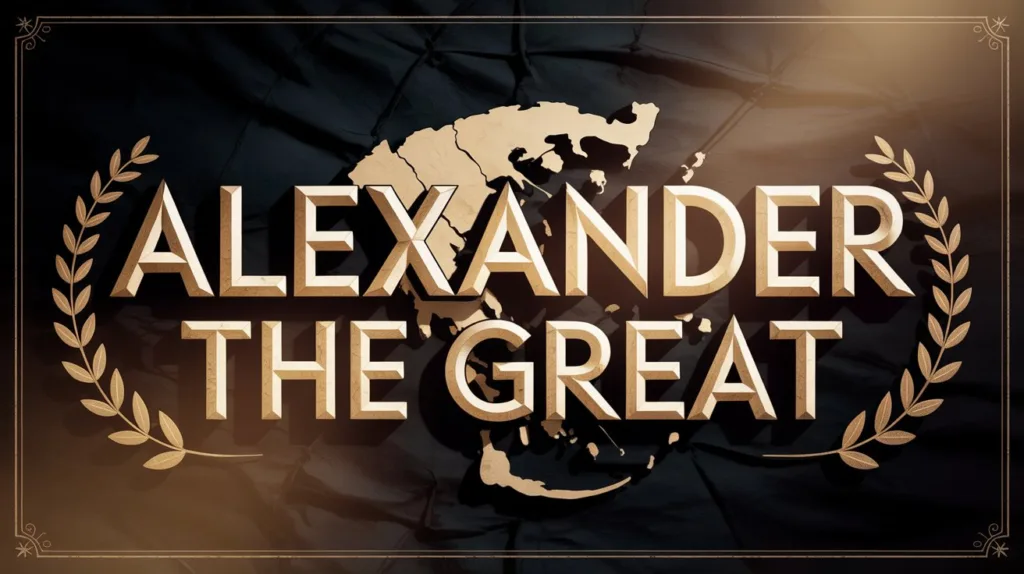This account is found in Genesis 40 and takes place while Joseph was unjustly imprisoned in Egypt. Two of Pharaoh’s officers, the chief butler (cupbearer) and the chief baker, were imprisoned with him after offending Pharaoh.
One night, both men had distinct dreams that troubled them. Joseph noticed their distress and asked why they were sad. They replied that they each had a dream but no one could interpret them. Joseph responded, “Do not interpretations belong to God? Tell them to me, please” (Genesis 40:8).
The chief butler described his dream first. He saw a vine with three branches, which budded, blossomed, and produced grapes. He took the grapes, pressed them into Pharaoh’s cup, and gave the cup into Pharaoh’s hand. Joseph interpreted this to mean that within three days, the butler would be restored to his position.
The chief baker, seeing the favorable interpretation for the butler, shared his dream next. He saw three white baskets on his head. In the top basket were baked goods for Pharaoh, but birds were eating them. Joseph explained that within three days, Pharaoh would lift up the baker’s head from him and hang him on a tree, and the birds would eat his flesh.
Three days later, on Pharaoh’s birthday, both interpretations came to pass exactly as Joseph had said. However, the butler did not remember Joseph or show him kindness at that time, as Joseph had requested (Genesis 40:23).
This account reveals Joseph’s reliance on God as the giver of true interpretation. It also demons/”>demonstrates God’s omniscience in revealing future events and Joseph’s growing role as a prophet and instrument of deliverance. It set the stage for Joseph’s later rise to power when he would interpret Pharaoh’s own dreams.





 Get the book that teaches you how to evangelize and disarm doctrines from every single major cult group today.
Get the book that teaches you how to evangelize and disarm doctrines from every single major cult group today.